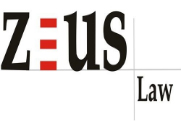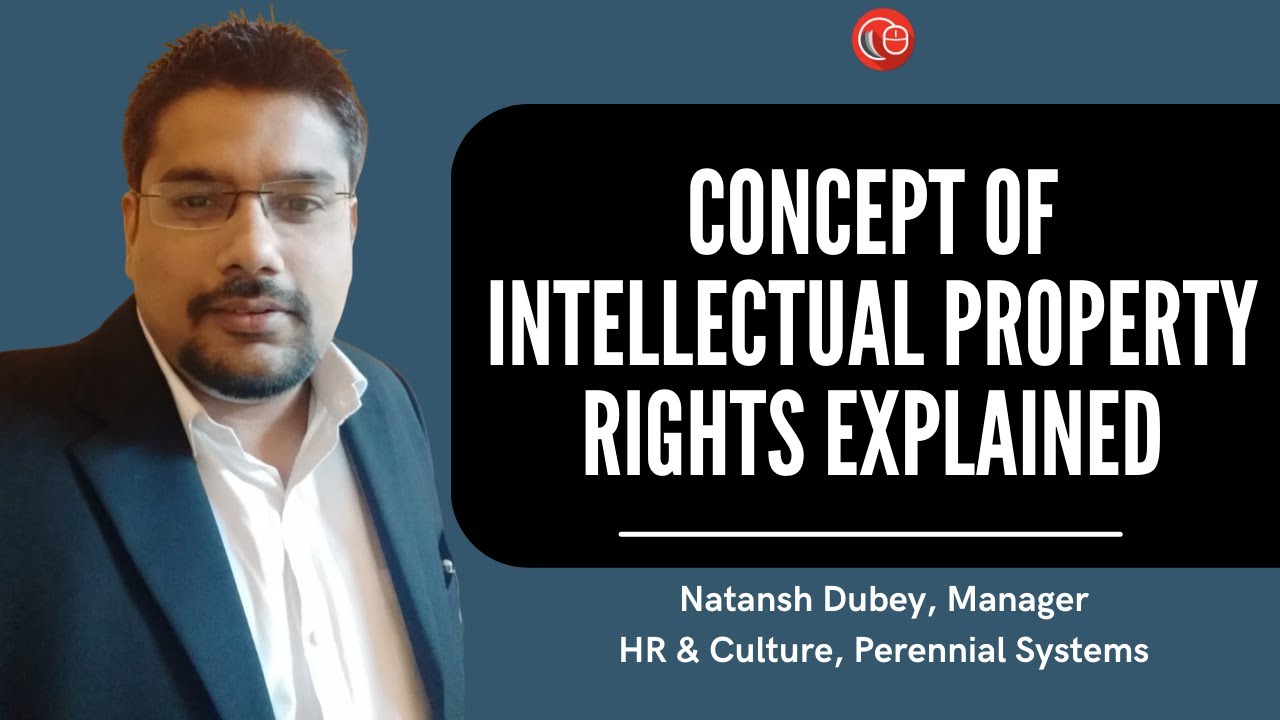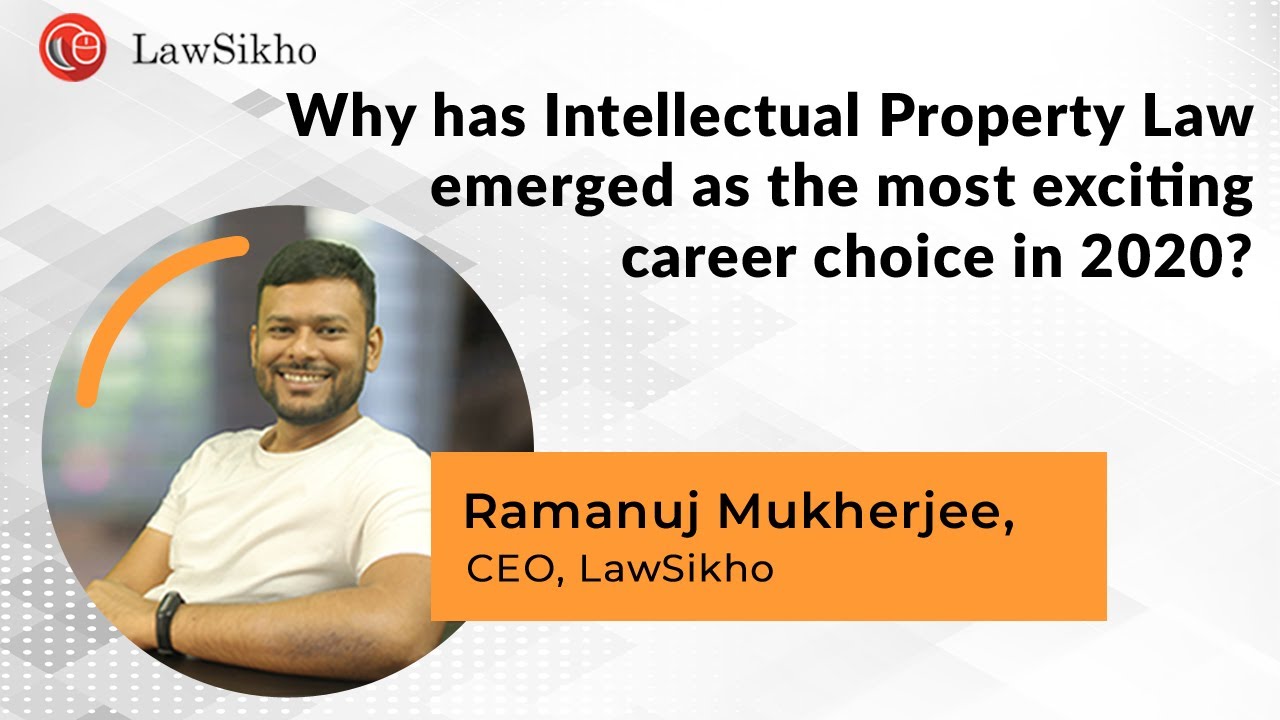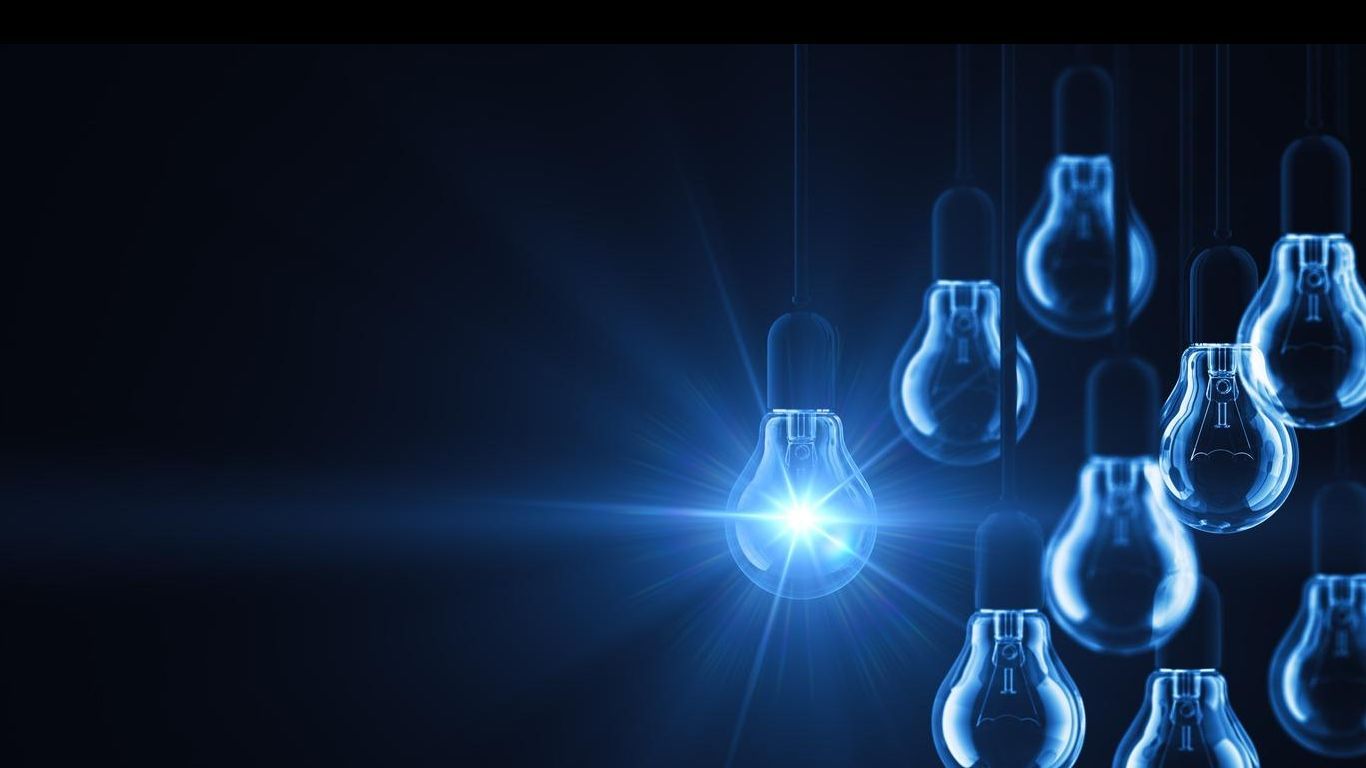Introduction
“It takes 20 years to build a reputation and five minutes to ruin it. If you think about that, you'll do things differently.” – Warren Buffett
Brand is the reputation of a business. It is what people remember. It is not always just a word or an image, but what people think or the feelings they experience when they think of a product, service or business.
For instance, over many decades, Coke has tried to associate its cola with happiness, and spent billions of dollars in advertising to make that happen.
Now imagine how it would be if I could take a bottle, pour some black water into it, and put up a label calling it Coke, and start selling on a street corner. It would be a pandemonium, right?
This is where trademark law steps in to make brands and significant investments that go into building a brand viable and protected from infringement and misuse. Trademark, therefore, is a basic foundational concept of capitalism - without it, our economic system would collapse!
Trademarks were not important in the local economy. When everyone lived in a village or a small town, and all products were local and sold through trusted traders, there was no need for trademarks. However, as the economy grew, and products were sold throughout a country or even the world, trademarks became more important. And this is why protection of trademarks has been a key feature of globalization through the WTO and other bodies.
The Internet and global economy has only continued to increase the value of trademarks as we deal with strangers more and more in terms of commerce and trade. We cannot trust a human being or business as easily as we trust brands because brands are valuable and take time to build!
If you had to travel to Africa or Australia, and needed to buy a laptop or phone, you may go for an Apple product rather than a brand you have not seen before, because you have trust in the quality of Apple products. And this is what allows Apple to charge a premium for its products. You may go to any corner of the world and expect a certain kind of service from Uber or a Hilton hotel. That is the magic of branding, which is only possible through trademark protection.
Trademarks are more widely used than other forms of IP. Business organisations in almost every sector of the economy employ trademarks to protect their brands. Businesses that fail to build a brand are often wiped out by the ones that manage to build a strong brand in any market. Also, businesses that focus on building a brand are usually far more successful and profitable than the ones that do not focus on building brands.
However, while trademarks are becoming increasingly valuable and critical to businesses, they are not the only aspect of a business that needs to be protected today.
Uniqueness is a virtue that every business strives for. Every business wants something that they are known by, something that is their unique selling point. Let's bring up Coke once again, apart from the words 'Coca-Cola’ written in a distinctive manner (which would be protected as a trademark), coke also has a very distinctive looking bottle which sets it apart from other beverages. Did you know that this unique shape of Coke’s bottle could also be protected so that no one else can imitate its design?
Such a protection is even more pertinent for artists and designers who earn a livelihood by creating designs that appeal to the public. Be it jewellry, textile, furniture or clothing, design plays a crucial role for various businesses and therefore must be protected.
Trademarks and designs, both have separate sets of procedures that accord registration to them and that ensure protection against infringers. In order to provide a holistic IP protection to one's client, one must learn about both the laws.
Here are the major areas of work with respect to trademarks and designs:
- Trademark and design registrations
- Opposition and objections during registration of trademark
- Objection during registration of designs
- Domain name and squatting disputes
- Infringement and passing off of designs as well as trademarks
- Disputes over licensing, merchandising and franchising
- Review, rectification and cancellation of trade marks
- Cancellation of designs
- Monitoring and preventive measures
Though trademark and design licensing, prosecution and litigation consists of a vast majority of work that IP lawyers do in India, the scope of IP is certainly not limited to these.
India is a highly innovative country and we come up with technological advancements on a regular basis. IP law acknowledges the hard work and dedication that goes into bringing improvements to so many lives by giving monopoly to the inventors for a fixed period of time by granting them patents over their inventions.
From filing the application till the grant of the patent, one is required to overcome various office objections and third party oppositions. Patent prosecution is a highly extensive and demanding process which requires one to have particular skill sets in order to be able to defend their clients’ applications before the patent office.
Other than all the work generated through patent registration and enforcement, there is a great deal of work with respect to monetization of patents. This can include advice on and drafting agreements relating to licensing and assigning of patented technologies. Many tech giants enter into cross licensing agreements with each other in order to make use of the patented technology in their products and to avoid the costs of litigation. Tech and pharmaceutical companies own a lot of patents which require valuation and management of the portfolios. All this work is highly lucrative.
In addition to prosecution as well as licensing, IP is subjected to a lot of litigation often including giants which fight tooth and nail to protect their IP. Be it trademarks, designs, patents or copyright, IP litigation is a different ball game altogether in comparison to prosecution and involves a different set of procedures.
Litigation does not only involve extensive drafting but also requires a deep understanding of what constitutes infringement, valuation of damages, various defences to infringement as well as various civil and criminal code procedures.
And of course, there is a massive need for an army of talented lawyers who create contracts, register intellectual property, enforce agreements and IP rights, resolve disputes, handle investment agreements, JV contracts, licensing of various IP rights, protecting legal interests of the media companies, ensure compliance to myriad laws and keep the industry in shape.
This is what we want to accomplish through this course. How can a course like this benefit your career?
























 Key Highlights
Key Highlights








 Media
Media  Finance
Finance  Sports
Sports  Fashion
Fashion  FMCG
FMCG  PHARMACEUTICALS
PHARMACEUTICALS  FOOD AND BEVERAGES
FOOD AND BEVERAGES  HOSPITALITY
HOSPITALITY  AUTOMOBILE
AUTOMOBILE  MANUFACTURING
MANUFACTURING  ADVERTISING
ADVERTISING  FINTECH
FINTECH 











 ADDICTIVE LEARNING TECHNOLOGY LIMITED
ADDICTIVE LEARNING TECHNOLOGY LIMITED











